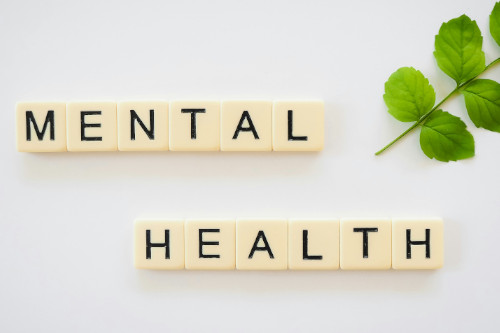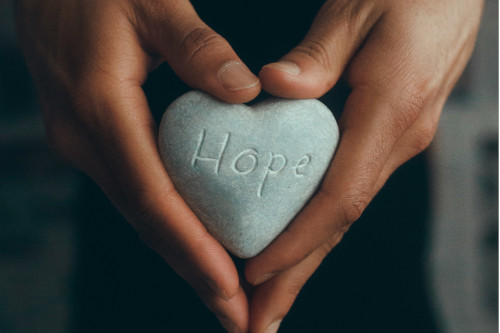What is a relationship issue?
The problems and challenges of forming and maintaining human connections which give our lives meaning are ubiquitous. Issues can arise in personal, professional or romantic relationships, friendships, or in our families. These issues may arise over conflicts over values, priorities, trust, intimacy, commitment, communication or problematic behaviours. Relationship issues can be caused by a range of factors including personality differences, life transitions and past experiences or have more complex routes in trauma or attachment disorders. Difficulties with relations keep us in a negative cycle that is unlikely to change without help.
How can Portobello Behavioural Health help?
Addressing relationship issues involves developing healthy communication skills, setting boundaries, and working through underlying emotional or psychological issues. Therapists can help individuals identify patterns in their relationships, and develop healthy communication skills, assertiveness, and conflict-resolution strategies. Therapy can also help individuals address the underlying causes such as low self-esteem or past trauma.
Couples or family therapy can also be a helpful approach by improving communication and strengthening relationships. Coaches can provide support and guidance for individuals to set goals, practice their communication skills and work through personal barriers that may be impacting their current relationships. Coaching can focus on developing self-awareness and self-improvement, which can positively impact relationships. Group therapy can also benefit by creating a safe group space for people to work through their historical relationship issues.











